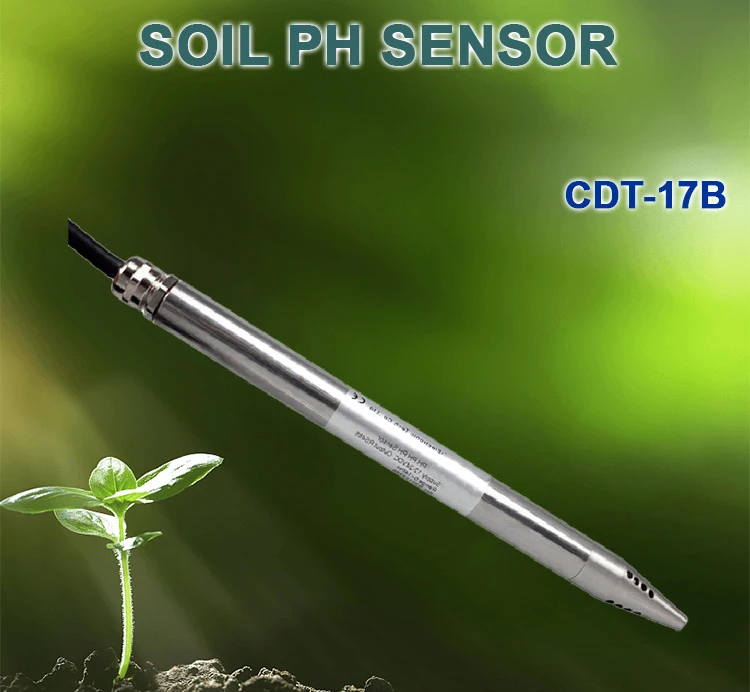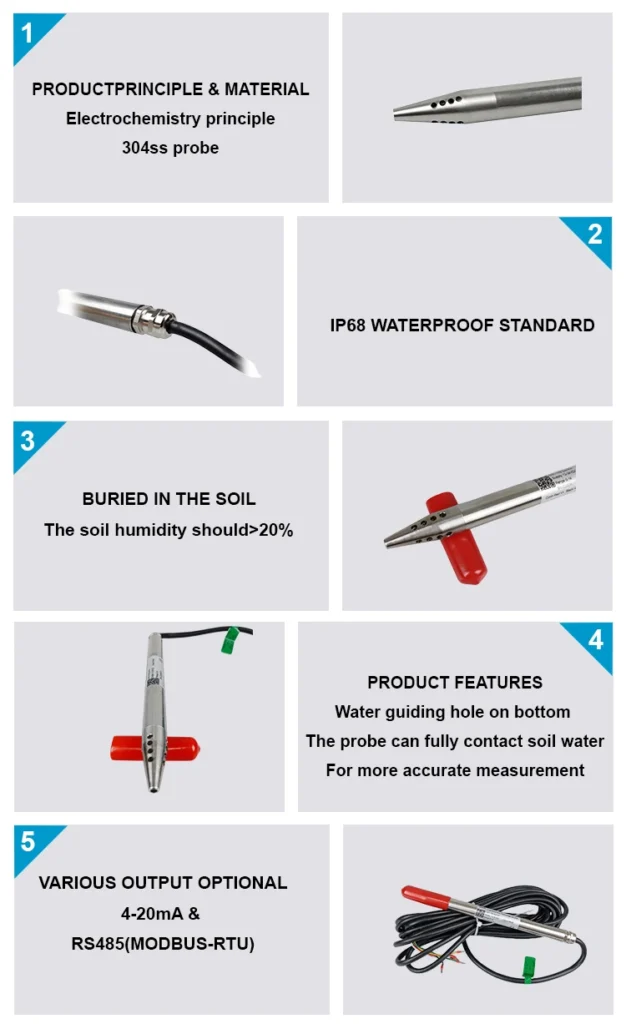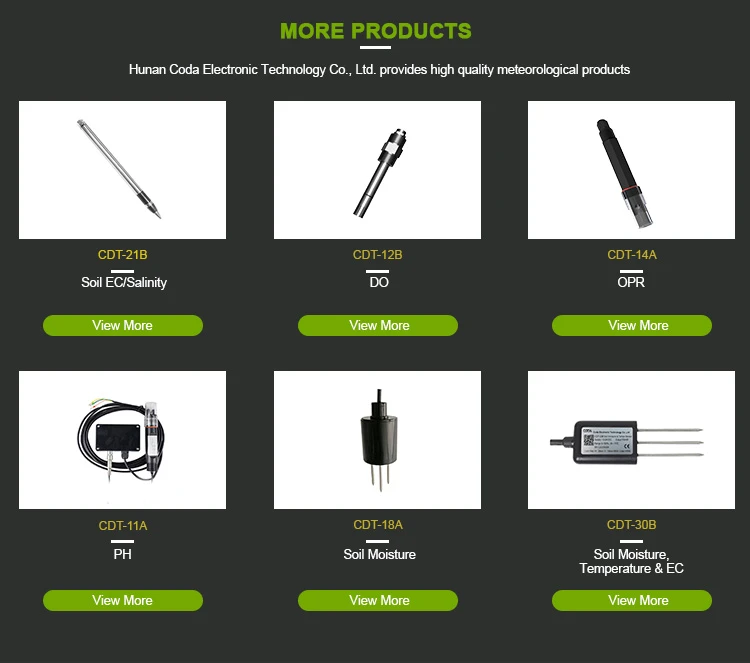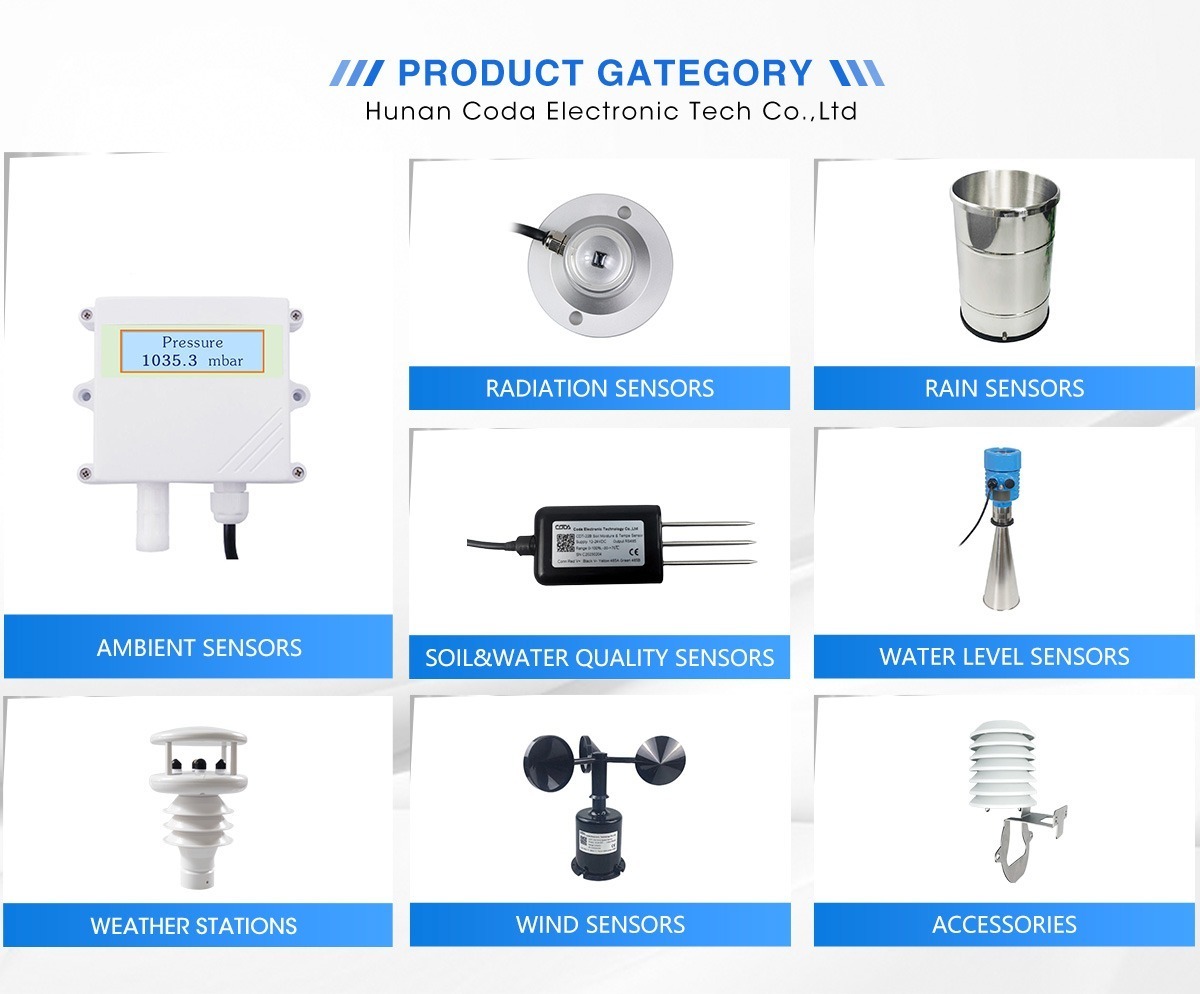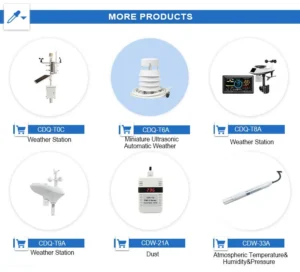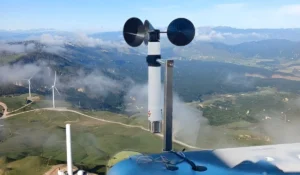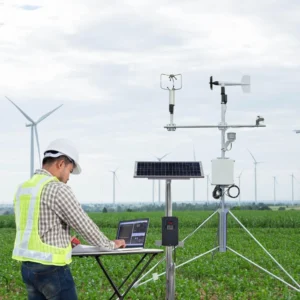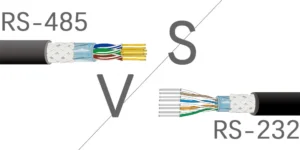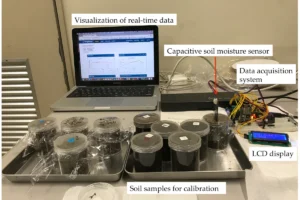How to Select the Optimal Soil pH Meter?
When the soil pH level is around 6.5, plants can take in nutrients more easily. This helps them grow well. Therefore, a soil pH sensor is very important. But how do we choose the right one?
Consider the measurement precision of the soil pH sensor
Measurement inaccuracies are bound to happen during the process. To make sure the results are accurate and reliable, it is important to reduce these errors. Choose products that have high measurement precision.
Take into account the sensitivity of the soil pH sensor
Sensitivity means how much the response changes. A higher sensitivity is better. The sensor shows sensitivity. To make sure the sensor uses less power, is very sensitive, and sends signals reliably, follow these steps.
1. Use imported low-power microcontrollers.
2. Use high-quality operational amplifiers.
Consider the material quality of the soil pH sensor
The quality of the materials is important for how long the soil pH sensor lasts. A careful manufacturing process adds waterproof and dustproof treatments to the whole unit. This helps keep the components stable. How can we check the quality of the materials?
Using high-density epoxy resin is best for high-temperature vacuum filling. It goes between the probe and the main body. This choice greatly reduces moisture entry and improves sealing efficiency.
The electrode is very important. Engineers make it from a special metal. This helps it resist strong impacts without breaking.
Consider the protection rating of the soil pH sensor
IP stands for Ingress Protection. It is a rating that shows how well a product is protected. The IP rating system classifies products based on their resistance to dust, water, and physical damage.
Two numbers come after the letters IP. These numbers show how much protection is provided.
The first digit shows how well the device defends against dust and particles. The second digit indicates how resistant it is to moisture and water. A higher number means better protection.
For a soil pH sensor, choose a product with a high protection rating like IP68. The number 6 means it fully prevents foreign particles and dust. The number 8 shows it is protected against water when submerged.
This is the best level of protection. It can stay underwater for over 1 meter. The design fully seals the device.
This makes it waterproof and resistant to rust. It also prevents interference. These features are great for long-term monitoring when buried in soil.
Be mindful of the soil pH sensor’s probe.
You need to put the probe into the ground to touch the soil. Choose good quality probes for the best results. Experts suggest using austenitic 316 stainless steel as the main material.
This steel resists rust, electrolysis, and corrosion from salts and alkalis. It also works well with many types of soil.
Ensure ease of use
When choosing this type of product, pick one with a low entry barrier and simple steps. This allows for quick measurements without needing reagents or a set number of tests.
